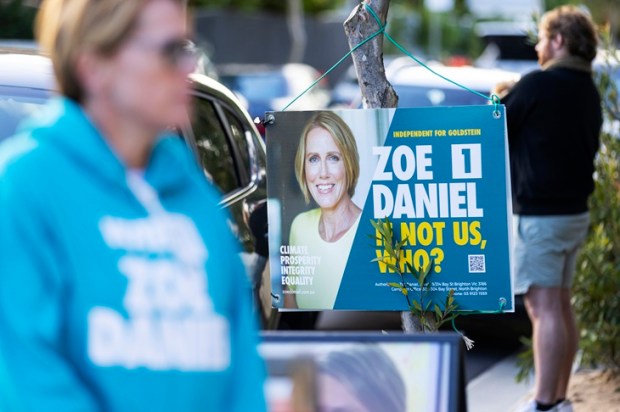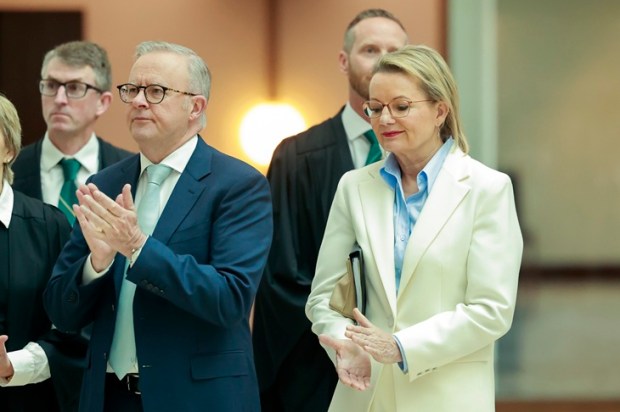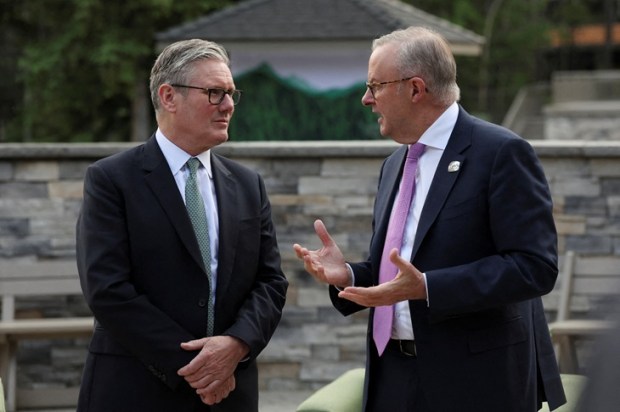This evening, the AEC has completed the counts as far as seat allocations go for Western Australia and Queensland. It comes with the surprise that One Nation has picked up two seats.
There was always a good chance well-liked Queensland Senator Malcolm Roberts would be re-elected, but he will now be joined by Tyron Whitten taking the total number of One Nation Senators to three (Pauline Hanson being the third).
Senator Malcolm Roberts faced a full-on assault from former Liberal Gerard Rennick, who set up his own party, People First, and challenged Senator Roberts for the highly sought-after sixth spot.
Queensland is the state where the minor right parties had the toughest fight against each other. People First and Katter’s Australian Party ran a joint ticket and were followed by Trumpet of Patriots, Family First, and the Libertarians.
While not winning any further seats, One Nation has come out as the clear minor right party winner across the country, creating chatter online as to whether or not voters should congregate around them in the future. This would be particularly true if the preference deal with the Liberals could extend to a more formal arrangement.
Their stance against Net Zero is widely known, which may make them an attractive informal partner for jaded Nationals seeking to protect their regions from Net Zero enthusiasts within the Coalition.
With both Labor and the Coalition (specifically the Liberals) pulling in disastrously low first preference votes, there are probably people wondering how to reach the growing body of disaffected voters sitting in minor parties. Not necessarily One Nation, which is able to win seats in its own right, but certainly the micro parties.
This will be Malcolm Roberts’s third term. One Nation has released a statement saying:
Malcolm is a family man, engineer, former underground coal miner, and business leader with a strong interest in economics and climate data … he’s earned international respect for exposing flaws in climate policy by focusing on measured data and accountability.
One Nation did not succeed in Tasmania where Pauline Hanson’s daughter, Lee Hanson, was unable to win a Senate seat while running against the established brand of Jacqui Lambie.
The final seat allocation delivered two Labor Senators in Carol Brown and Richard Downing, two Liberals being Claire Chandler and Richard Mansell Colbeck, Greens Nick McKim, and Jacqui Lambie.
There is hope from the figures, however, with Jacqui Lambie pulling 7.3 per cent on first preferences and Lee Hanson on 5.2 per cent. That indicates that there is an appetite for One Nation in Tasmania, if it is given time to grow.
It is a Senate result that will see both Clive Palmer’s Trumpet of Patriots and the Libertarians doing a bit of soul-searching, particularly the latter, who fell a long way toward the bottom of the pile in most states.
Australian conservative politics shares plenty of features with the UK, where the oldest party in the world, the Tories, has deteriorated to a dangerous position in Parliament. However, conservatism is being rebuilt by the extremely powerful Reform Party led by veteran politician Nigel Farage, whose sheer force of nature has seen Reform grow to the second largest party in the country when judged by membership. There are even those talking very seriously about a pathway for Nigel Farage to become the next Prime Minister if Reform forms a coalition with the Tories.
In Australia, there is no danger of a minor party on the right eclipsing the Coalition, but it may certainly benefit from expanding its ‘broad church’ to include actual conservatives from other parties.

























